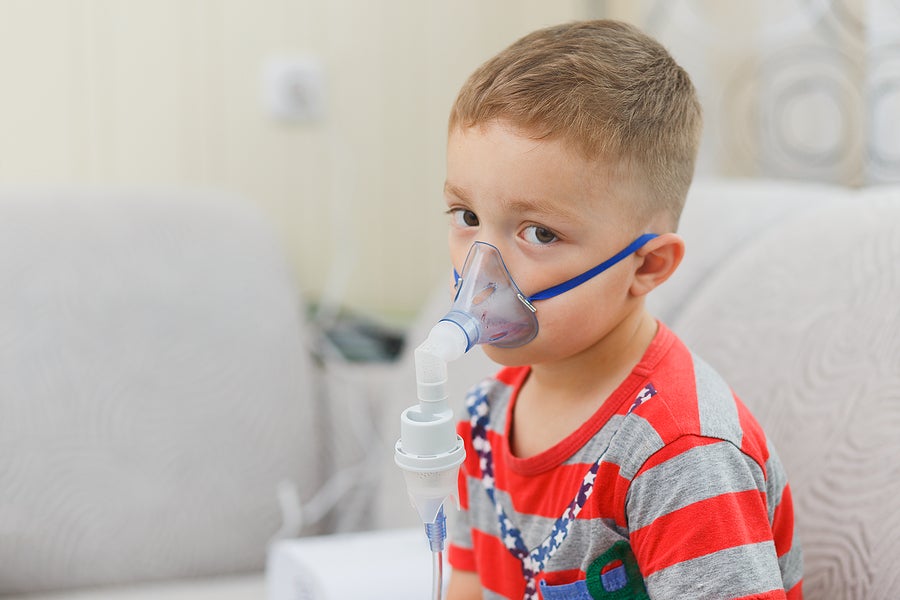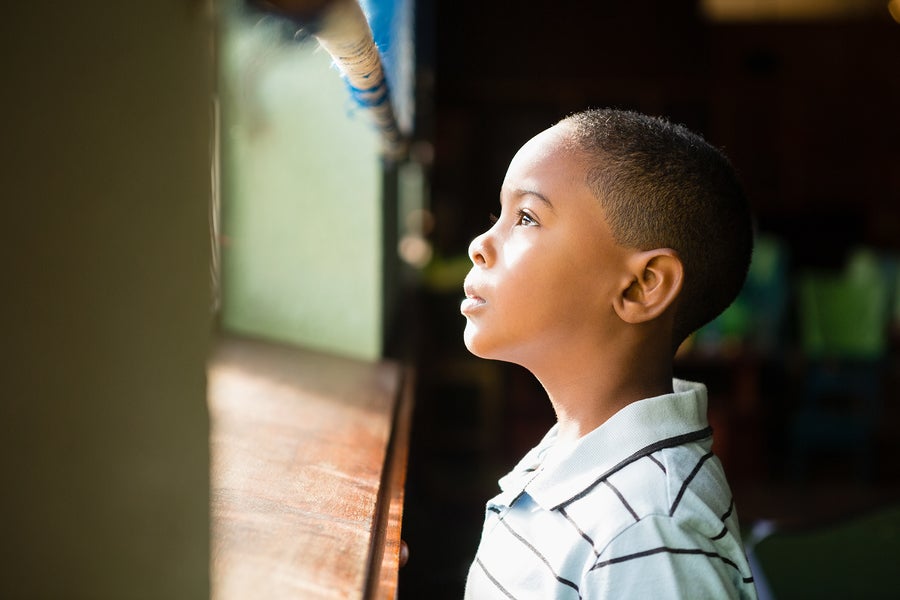Blog
-
Open Enrollment FAQ of the Week: What Does My Plan Cover?
With Open Enrollment now well underway, consumers are weighing their options for 2021 and trying to find the right plan that meets their health needs. As consumers make their decision, it is important for them to understand what they are buying and what coverage their plan provides. Throughout the enrollment period, the Georgetown University Center…
-
Medicaid Managed Care Procurement: Opportunity for Transparency?
In most states, the responsibility for ensuring that children enrolled in Medicaid receive needed services rests with managed care organizations (MCOs). They are stewards for millions of children and billions of Medicaid funding intended to meet children’s health care needs. Yet there is little transparency about how individual MCOs are performing for children. The logical…
-
What Can We Expect from Biden Administration on Work Reporting Requirement Waivers?
As I was waiting to watch Vice President-elect Kamala Harris start her speech on Saturday night, I tweeted the following: Goodbye and good riddance to Medicaid work requirement waivers. — Joan Alker (@JoanAlker1) November 8, 2020 It proved to be a popular sentiment – at least on my twitter feed. As we have blogged about…
-
What the Proposed “SUNSET” Regulation Means for Medicaid and CHIP
On November 4, the Department of Health and Human Services proposed to require itself to review almost every regulation it has ever issued, including those affecting Medicaid and CHIP. It did so by proposing a new regulation, which has the misleading acronym “SUNSET” (Securing Updated and Necessary Statutory Evaluations Timely). A more appropriate acronym would…
-
States Can Do More to Improve Medicaid and CHIP Pregnancy and Postpartum Coverage, Advance Maternal and Child Health Equity
Each year, Medicaid pays for nearly half of all births in the United States, including a greater share of births in rural areas, among young women, and women of color. Medicaid and CHIP also cover close to half of the nation’s children under age 3, making it the largest source of coverage for infants and…
-
New CMS Rule Would Weaken Families First Continuous Coverage Protection in Medicaid
On October 28, the Trump Administration announced that it would weaken the current continuous coverage protection for Medicaid beneficiaries by permitting states to cut or scale back benefits and increase cost-sharing charges. The Families First COVID-19 relief legislation provided a temporary 6.2 percentage point increase in the federal Medicaid matching rate (FMAP) through the end…
-
Medicaid Managed Care Companies Report Solid Earnings While States and Pediatricians Struggle
Q3 2020 closed on September 30, and publicly held companies have reported their financial performance. These reports, known as Form 10-Qs, are designed to provide investors with some transparency about the companies in which they are investing. Here’s what they tell us about how the five companies with the largest Medicaid managed care enrollments have…
-
Georgia’s Medicaid Waiver is Fiscally Foolish and Anti-Family
On October 15th, the Centers for Medicare and Medicaid Services Administrator Seema Verma traveled to Atlanta to announce the approval of Georgia’s “Pathways to Coverage” Section 1115 Medicaid demonstration. The approval is the latest in CMS Administrator Verma’s ideological crusade to “reframe” Medicaid and promote her signature initiative — work requirements. The creation of a…
-
What’s New for 2021 Marketplace Enrollment?
By Megan Houston, Georgetown University Center on Health Insurance Reforms On November 1, the eighth open enrollment period begins for marketplace coverage under the Affordable Care Act. This year there are several policy changes that could have an impact on enrollment and affordability of plans on the marketplace including: COVID-19 Pandemic: The novel coronavirus (COVID-19) pandemic…
-
New Urban Institute Estimates of 1.7 Million More Uninsured Children if Supreme Court Overturns Affordable Care Act
On Tuesday, November 10, the Supreme Court will hear oral arguments for California v. Texas, a case in which a group of conservative attorneys general led by the Texas Attorney General and the Trump Administration are seeking to overturn the entire Affordable Care Act (ACA). Researchers from the Urban Institute recently projected that the number…
-
More Young Children Uninsured Since Trump Administration Took Office, Virginia a Bright Spot
As we lament the swift reversal in health coverage for children of all ages, we also wanted to take an initial look at how this trend specifically impacts young children. Sadly, children under age 6 were not spared from coverage losses. As these tables detail, there are nearly 180,000 more uninsured young children than at…
-
Child Health Care Transformation: Addressing the Triple Crisis of COVID-19, Racial Injustice and the Economic Downturn
By Charles Bruner, Kay Johnson, Maxine Hayes, David Willis, Paul Dworkin, and Wendy Ellis The interrelated triple crises driven by COVID-19, racial injustice, and the economic downturn have disrupted virtually all aspects of life for children and families – with profound impact on children’s overall health and development. COVID-19 has challenged the nation’s child health…
-
Children Are Losing Health Insurance
Since the American Community Survey became available in 2008, we have been using this data to track state and national trends in children’s health coverage. This year is the tenth time I have co-authored this report and the news is the worst yet – by a long shot. As regular readers of SayAhhh! Health Policy…
-
ACA Improved Health Care Access and Affordability for New Mothers, Report Finds
We often get asked whether increases in health coverage rates result in more people getting care. In the case of new mothers following the implementation of the ACA’s major coverage provisions in 2014, a recent report from the Urban Institute shows the answer for this group is yes. In the years following the 2014 coverage…
-
Another Sign that We Can Do Better in Covering Children Who are Eligible but Not Enrolled in Medicaid
A new report from the Urban Institute finds that participation of uninsured children in Medicaid and CHIP stalled in 2018. While this analysis lags behind the latest data (2019) on health insurance status released by the Census Bureau’s American Community Survey last month, it continues to show the direct correlation between the child insurance rate…
-
What’s the Right Path Forward Toward Ensuring All Children Have Health Coverage?
Later this week we will be releasing our annual report on the state of children’s coverage looking at state trends. It’s no secret that the news will not be good – as I blogged about when the Census Bureau released the data a few weeks back, the number of uninsured children had its largest annual…
-
Secretary Azar Extends Public Health Emergency Medicaid Protections for Beneficiaries and States
[Editor’s Note: For more up-to-date developments on the status of the public health emergency read CCF’s latest blog post on this topic.] On Friday HHS Secretary Azar renewed his declaration of a public health emergency (PHE) due to the coronavirus pandemic. The renewal is effective October 23, when the previous 90-day renewal would have expired,…
-
New Resources Underscore Importance of Adult Health Coverage to Young Children’s Well-Being
The news on the health and economic crises remains harrowing. The political debates about the best ways to address both can be numbing. Racism was already a public health crisis in the minds of many—the pandemic has only exposed and exacerbated what was not fully seen or acknowledged before. But it’s the poorest families, many…
-
House Passes Bill to Give States Option to Extend Postpartum Medicaid Coverage to New Moms
Medicaid and CHIP cover nearly half of all births each year and have critical roles to play to ensure access to postpartum care that supports the lifelong health of mother and baby together. The Helping MOMS Act, passed with a bipartisan majority voice vote in the U.S. House of Representatives this week, would give states…





















